|
Today you will begin your summative research. Prior to starting your research, please be sure you have developed some supporting questions to help guide your research towards finding answers for the compelling question: "what role did collective learning play in the advancement of societies?" Please read through Slides #17-24 of the Unit 1 Summative: Collective Learning Along the Silk Road presentation. Helpful resources for research:
HW: Continue your research & take notesYour research portfolio is due next week
(Tuesday Oct. 10 for A Blocks; Wednesday Oct. 11 for B Blocks). Continue your research on the question "What role does collective learning play in the advancement of societies?" Reminders for your research:
Comments are closed.
|
Mrs. Stewart's CourseYou'll find a daily agenda posted here for each day that class meets Archives
May 2020
Categories |
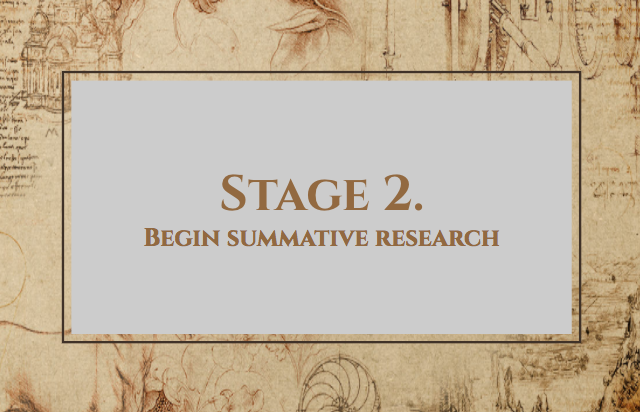
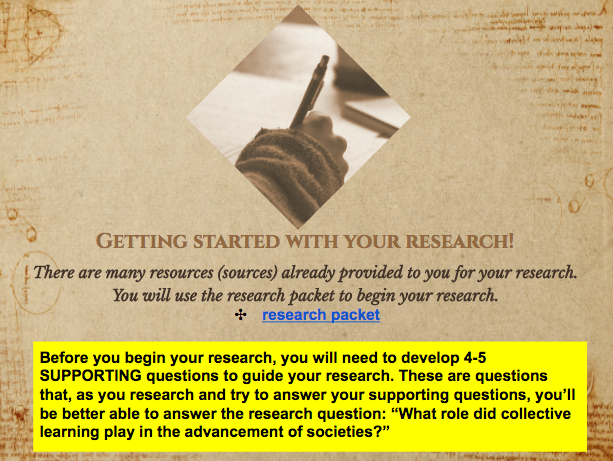
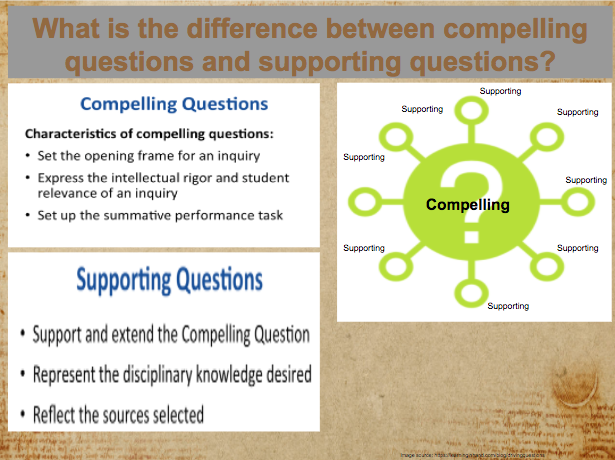
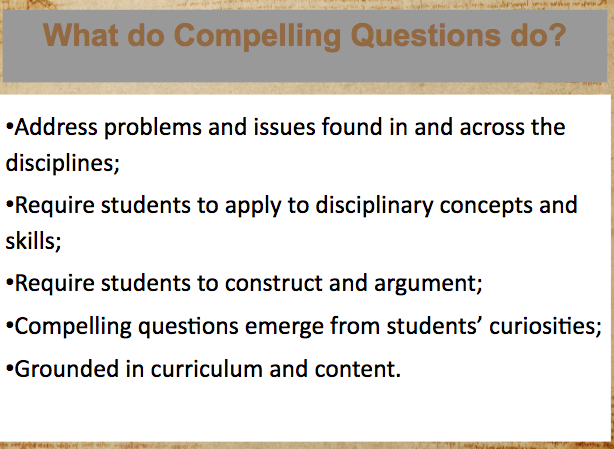
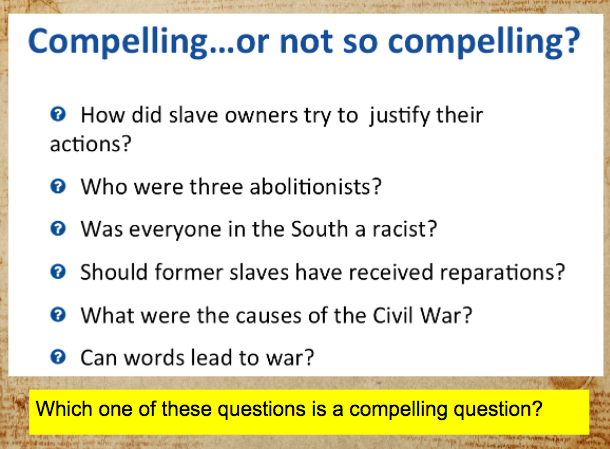
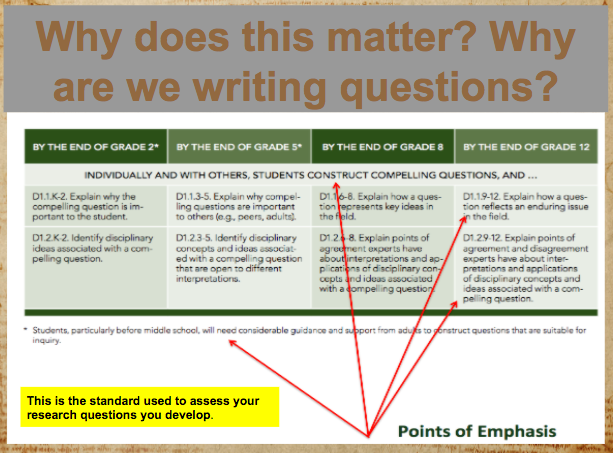
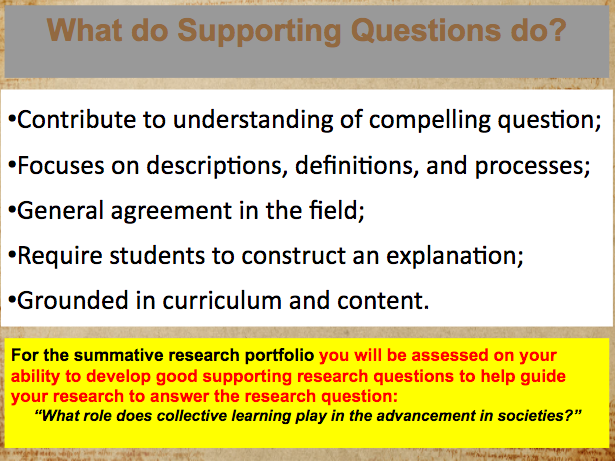
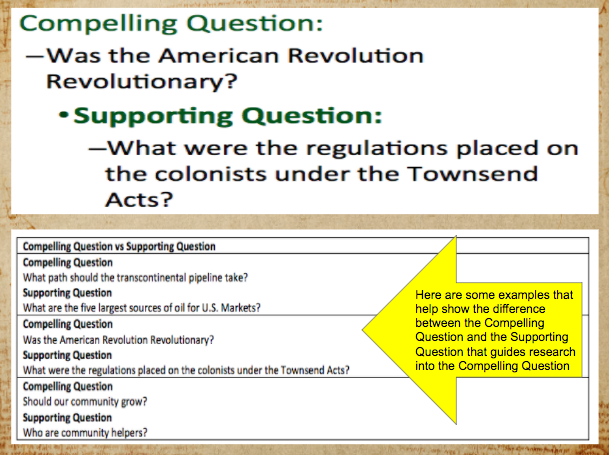
 RSS Feed
RSS Feed